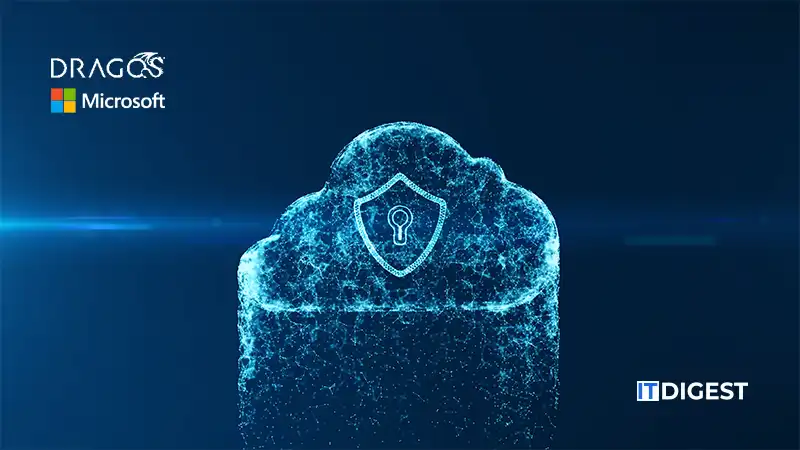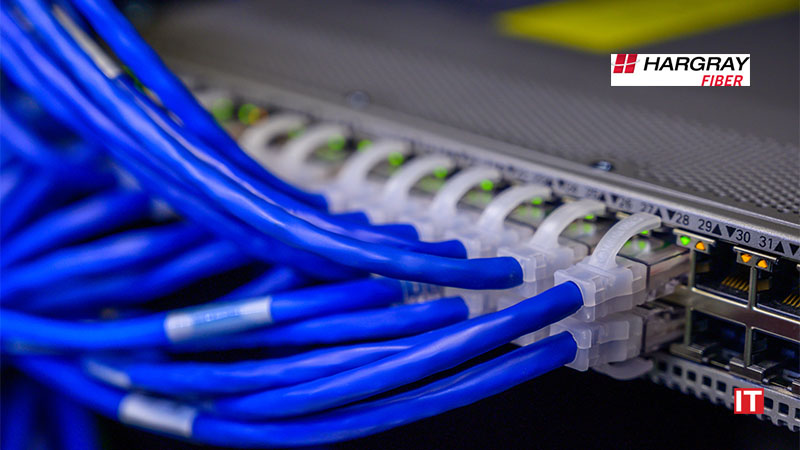Hargray Fiber announced plans to expand the company’s ultra-fast, state-of-the-art, all-fiber Internet network into residential neighborhoods in the Savannah, GA area, including Windsor Forest, as well as Wilmington, Whitemarsh, and Talahi Islands. The company began serving businesses in Georgia in 2010, and the expansion into residential areas is part of Hargray Fiber’s long-term goal to bring the most advanced and fastest Internet available anywhere in the world to more than 500,000 homes and businesses across the United States by 2027.
Hargray Fiber’s Southeast President, Ashley Phillips, stressed the importance of the company’s investment in consumers and the broader local community. “We are headquartered in Savannah, so expanding our high-speed internet to families in this area is extra special. We live and work in these communities and want to see them continue to thrive,” said Phillips.
Hargray Fiber will build in Windsor Forest, as well as Wilmington, Whitemarsh, and Talahi Islands.
“We are looking forward to Hargray Fiber’s expanded investment in the greater Savannah community,” said Savannah Mayor, Van R. Johnson, II. “As we continue to seek equity in the delivery of all services, this expansion will allow more Savannahian residents to attain much-coveted high-speed internet, making Savannah an even more attractive place to live, learn and work.”
Also Read: B2B Payments and Same Day ACH Key Factors
Featuring gigabit download and upload speeds, Hargray Fiber will bring ten times more speed to consumer doorsteps at a time when fast, reliable Internet is becoming increasingly critical to modern households. “More and more, we see households where multiple bandwidth-intensive activities occur simultaneously and many consumers’ Internet connections just aren’t up to the task,” added John Robertson, Savannah Region General Manager. “The Hargray Fiber network solves that problem.”
For many consumers, the Internet touches every facet of daily life. Remote work, telehealth, and virtual learning all require robust, reliable connections. A 2021 study by Deloitte indicated that 55% of U.S. households include one or more remote workers, and 43% include at least one household member attending virtual classes.
































